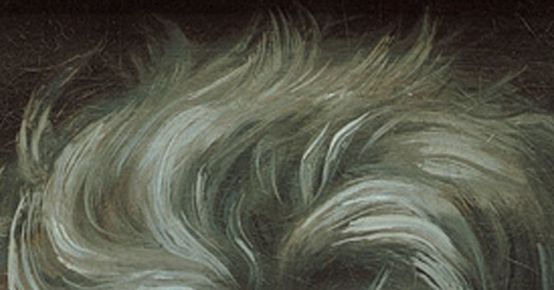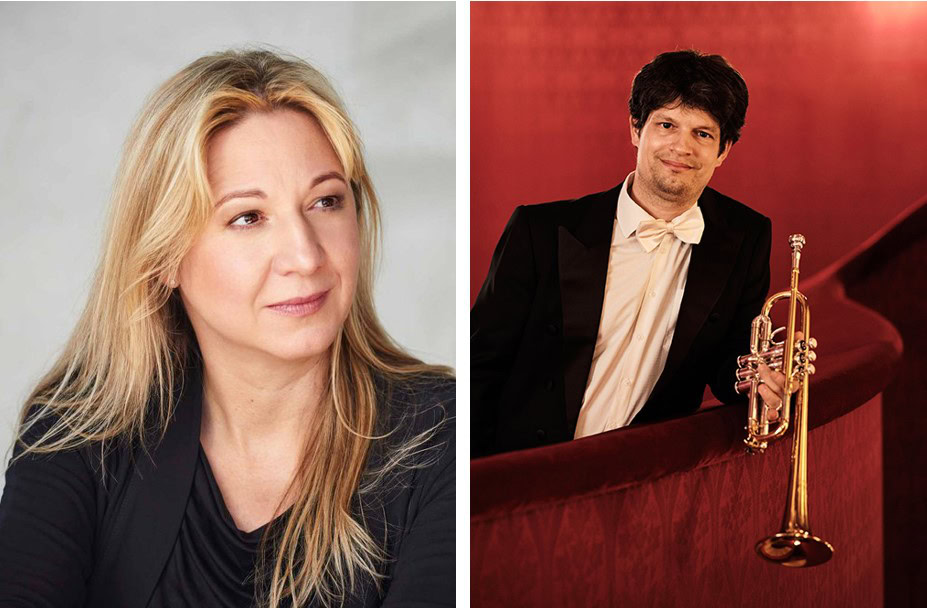Rondo a capriccio "Anger over the lost penny"
Beethoven every Friday: to mark his 250th birthday, we take a look at one of his works every week. Today on the Rondo a capriccio for piano in G major "Wut über den verlorenen Groschen".

Shopping lists have been around for hundreds of years. However, they belong to a type of text that loses its purpose after a very short time. The piece of paper is then crumpled up, torn or simply carelessly thrown away. In earlier times it was used as tinder at best, but today it has long been the object of cultural-historical research. Beethoven also used such lists. In 2011, one such rare piece of paper went under the hammer for 74,000 euros. The requirements noted on it for the housekeeper were certainly many times cheaper. It is about a "MiceFall"a "ZündMaschine", "WashSoap" and three "BalbierMeßer"and there is also the note "Bejm Met watchmaker / her / metronome".
Beethoven would have been astonished at this price. It is possible that he would have invested in it himself. Unlike many other composers and musicians, he knew how to handle money, or at least how to "collect" it properly. As early as 1809, an annuity contract was concluded in his favor; he never sold his own works for less than they were worth; dedications to high-ranking aristocratic personalities were usually financially rewarded. However, it seems that Beethoven never really had an overview of his actual fortune. In any case, he was modern, willing to take risks and had been well advised by his friend Franz Oliva when, on July 13, 1819, he purchased shares worth almost 10,000 gulden Viennese currency - the equivalent of around 86,000 francs - from the newly created "privilegierte oesterreichische National-Bank" after the draining years of war. By the standards of the time, especially for a composer, this was a considerable fortune that would later provide for his nephew Karl and his children. The fact that Beethoven "reckoned" in the truest sense of the word with the dividend, which was paid out twice a year, is proven by the postscript of a letter dated February 8, 1823 to the chief accountant Franz Salzmann: "I ask you, as far as the dearest dividend is concerned, to make sure that I can receive it today or tomorrow, because our one always needs money, and all the notes I make don't get me out of trouble!"
It is reassuring that the title of one of the best-known piano pieces, namely The rage over the lost penny, unleashed in a capricepresumably by Anton Schindler. It can already be found in an explanatory footnote of the first edition, published posthumously in 1828 - while Beethoven merely describes the characteristic Rondo, composed around 1794/95, as Alla ingharese quasi un Capriccio had titled it. Either way, it is above all the musical wit of the movement that counts. When Robert Schumann got his hands on the composition in 1835, he noted with delight in the New Journal for Music: "It's hard to find anything funnier than this string, I had to laugh in one go when I played it for the first time the other day."
Listen in!








